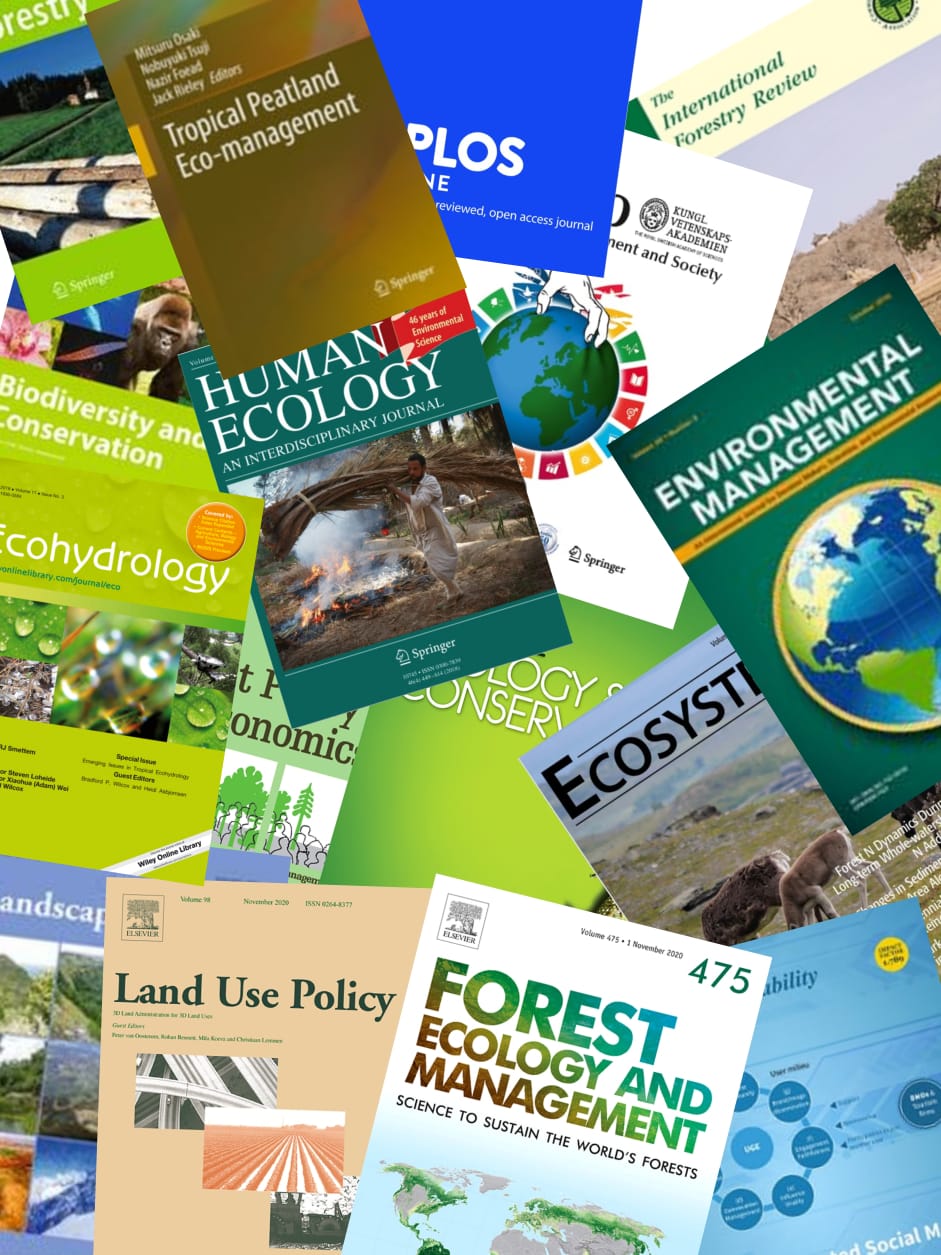Palm Oil Fuel Ash (POFA) and Rice Husk Ash (RHA) are local agricultural waste material from Palm Oil Industry and from Paddy Industry in Malaysia. Currently, the disposal of these ashes from a burning process is a problem to both industries, and hence leads to environmental pollution. The main aim of this research was to investigate the potential of utilizing POFA and RHA as sustainable stabilizer material as partial replacement of traditional one which is lime and Portland Cement (PC). Laboratory investigations were carried out to establish the potential utilization of Malaysian Agricultural wastes POFA and RHA in stabilizing Teluk Kapas Landfill soil. Landfill soil on its own and combination with laterite clay soil were stabilized using POFA or RHA either on its own or in combination with Lime or Portland Cement (PC). The traditional stabilizers of lime or Portland Cement (PC) were used as controls. Compacted cylinder test specimens were made at typical stabilizer contents and moist cured for up to 60 days prior to testing for compressive and water absorption tests. The results obtained showed that landfill soil combined with laterite clay (50:50) stabilized with 20% RHA:PC (50:50)and POFA: PC (50:50) recorded the highest values of compressive strength compared to the other compositions of stabilizers and soils. However, when the amount of POFA and RHA increased in the system the compressive strength values of the samples tends to increase. These results suggest technological, economic as well as environmental advantages of using POFA and RHA and similar industrial by-products to achieve sustainable infrastructure development with near zero industrial waste. © Owned by the authors, published by EDP Sciences, 2014.
View source

